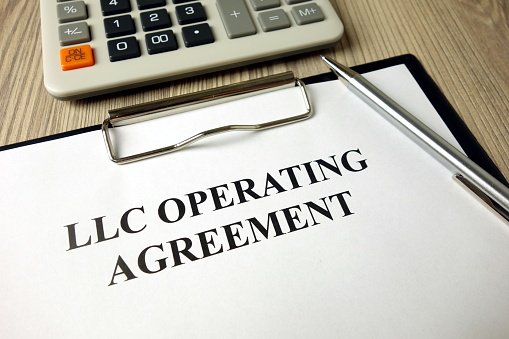Choice of Entity

Choice of Entity
A Critical Decision for Your Business
Starting a business is an exciting milestone, but it comes with a fair share of decisions. One of the most important is choosing the right choice of entity. This choice shapes how you manage your taxes, protect your personal assets, and operate your company. Let’s explore why this decision matters and the options available to you.
Why Does Your Choice of Entity Matter?
The type of choice of entity you make has a direct influence on:
- Taxes: Each entity has unique tax rules, which can influence your bottom line.
- Liability: Some entities protect your personal assets, while others leave you exposed to business risks.
- Flexibility: Your ability to attract investors or scale your business may depend on the structure you select.
- Compliance: Certain entities require more paperwork and ongoing legal obligations than others.
Choosing the right structure ensures your business starts on the right foot and can grow effectively.
Common Types of Entities
1.Sole Proprietorship
- What It Is: A simple choice for independent company owners.
- Benefits: Easy and inexpensive to set up with minimal formalities.
- Challenges: No legal separation between personal and business assets, putting personal finances at risk.
2.Partnership
- What It Is: A business structure shared by two or more individuals.
- Benefits: Easy to establish, and profits flow directly to the partners’ personal tax returns.
- Challenges: Shared liability can be problematic if disagreements or financial issues arise.
3.Limited Liability Company (LLC)
- What It Is: A flexible hybrid structure combining aspects of partnerships and corporations.
- Benefits: Offers liability protection and flexible tax options.
- Challenges: Higher costs and more paperwork compared to simpler structures like sole proprietorships.
4.Corporation (C Corporation)
- What It Is: A more formal legal entity, ideal for companies looking to grow substantially.
- Benefits: Strong liability protection and the ability to raise capital by issuing shares.
- Challenges: Double taxation on profits and stricter compliance requirements.
5.S Corporation
- What It Is: A special type of corporation designed to reduce tax burdens.
- Benefits: Avoids double taxation and offers liability protection.
- Challenges: Limited to a specific number of shareholders and requires adherence to strict eligibility criteria.
6.Nonprofit Organization
- What It Is: A structure designed for charitable, educational, or social purposes.
- Benefits: Tax-exempt status and access to grants.
- Challenges: Strict rules on how income is managed and no profit distribution to founders.
Factors to Consider When Choosing a Choice of Entity
When selecting a choice of entity, you’ll want to think about the following:
Tax Implications
Different entities come with different tax obligations. For example, LLCs and partnerships offer pass-through taxation, while corporations pay taxes at the entity level.
Liability Protection
If your business involves financial risks, an LLC or corporation can protect your personal assets from lawsuits or debts.
Business Goals
Are you planning to keep your business small, or do you hope to attract investors and grow? Your long-term vision should guide your choice of entity.
State Laws
Each state has its own rules for forming and managing a choice of entity. Be sure to research the requirements in your area to avoid surprises.
How to Select the Right Choice of Entity
1.Consult a Professional
Speak with a CPA or attorney to understand the tax and legal implications of each option.
2.Align with Your Vision
Think about your goals, whether that’s minimizing liability, simplifying taxes, or planning for growth.
3.Reevaluate Over Time
Your business needs may evolve, so it’s important to revisit your choice of entity periodically to ensure it still aligns with your goals.
Final Thoughts
The decision to choose a choice of entity is foundational for your success. It influences your operations, finances, and growth potential. While the options may seem overwhelming, understanding the benefits and challenges of each structure can help you make the best decision for your unique circumstances.
If you’re unsure where to start, seek advice from a financial or legal professional. A well-chosen choice of entity can cover the way for a secure and successful business future.






